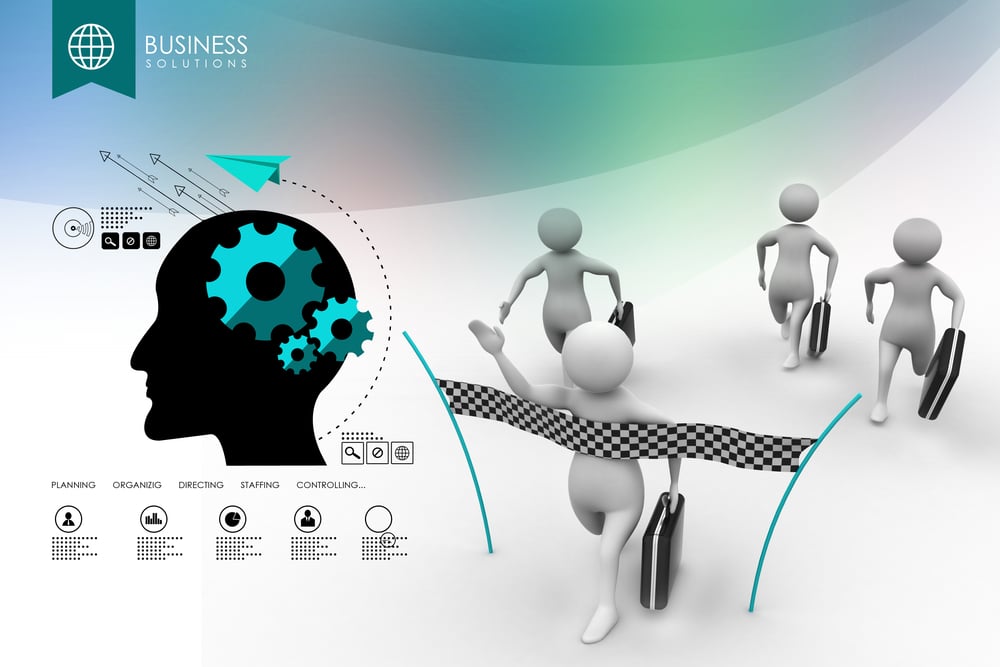The concept of crowdsourcing isn’t all that new and was born in 2002. However, the term “crowdsourcing” itself wasn’t coined until few years later when Wired used it for the first time to describe production in a marketplace that was digitally connected.
Fifteen years since it was first introduced, we have witnessed the rise of numerous crowd-based business models such as Wikipedia came up with the idea of collective knowledge; Kickstarter is the world’s first global crowdfunding platform and so on.
However, crowdsourcing isn’t all sunshine and rainbows. In fact, the truth is that the success rate of crowd-based business models remains hopelessly low compared to conventional models. As entrepreneurs have experimented with crowdsourcing, a number of limitations have surfaced:
- On an average, only 3 out of every 10 Crowdfunding campaigns reach their goals. On certain platforms, the ratio is just 1:10.
- Many crowdsourced business models that were initially successful had to file for bankruptcy in a few years.
- Dell, an early pioneer in crowdsourcing, has been able to implement only 2% of the ideas submitted on IdeaStorm.
- Independent research on crowdsourcing by Swiss Federal Institute of Technology (SFIT) has highlighted that social influence may lead to “herding towards a relatively arbitrary position.”
Apart from these limitations, crowdsourcing campaigns may also face a number of challenges in the near future. Perhaps the most important among them is the threat of threats like hackers, spyware and ransomware.
On May 12, a large number of companies including telecommunications giant like Telefonica were infected with deadly ransomware attack that crippled telecommunications, organizations across the country. Such sophisticated attacks can prove lethal to crowdsourcing campaigns that are still in their infant stage.
Key Challenges Faced By Crowdsourcing Initiatives
One of the key aspects of crowdsourcing is to engage the right crowd. There is no point engaging members of the crowd who neither have knowledge nor the skill and motivation to partake in the initiative.
If the crowd lacks critical knowledge or even a basic insight of the domain, they will only produce results that are way below the set benchmark. On the other hand, if the crowd lacks the necessary motivation, the crowdfunding initiative will fail to realize its full potential.
Another key aspect of crowdsourcing is not just to give the community, the freedom to present ideas but also allow them to refine and evolve them. The case of Dell who introduced the concept of multi-staged challenges is an excellent example of this approach.
When Dell came up with Ideastorm, it introduced multi-staged challenges (or Storm Sessions) to ease the sourcing and development of products with the crowd. This approach proved to be immensely successful as it led to the development of the world’s first Linux-powered laptop called Sputnik.
It is also integral that crowdsourcing initiatives develop both short-term as well as long-term feedback loops. However, short-term feedback loops require rigorous labor intensive processes, massive infrastructure, manual data management and personal interactions – all of which are time-consuming.
On the other hand, long-term feedback loops are currently an impossibility because they require extensive market data.
Lastly, it is important to use crowd data to create intelligence. Crowdsourcing initiatives ideally produce overwhelming amounts of data which can be difficult to manage and use it for knowledge, insight and foresight. Not many crowdsourcing initiatives have the required resources to pull this off.
How A New Take on Collective Intelligence Can Help?
Collective Intelligence (CI) came about the same time as the idea of crowdsourcing. It focuses on collaboration, team work, and competition among different teams which then leads to consensus-based decision-making.
When applied to crowdsourcing, Collective Intelligence uses “wisdom of the crowd” to scale insight from diverse knowledge-based perspectives and experiences and turn them into predictions. But what if the term “Crowd” wasn’t just restricted to humans but also included AI?
A new crowdsourcing startup named CrowdSmart has combined expert investor communities with artificial intelligence to predict the factors that contribute to the success of crowdsourcing startups. It then gives critical 360-degree feedback to startup in the earliest stages.
This way, investors can save valuable time on research while also significantly improving deal flow quality. Startups, on the other hand – get timely and critical feedback on the most important aspects of the early stages and this increases their success rate significantly.
However, if there is one aspect of CrowdSmart that stands out from other similar crowdsourcing initiatives, this is how it leverages AI to study a given score and detect ranked comments that are statistically significant. These ranked comments are the “drivers” that produce a specific score. Hence, the “wisdom of the crowd” evolves into quantitative intelligence. And with time, this grows in value.






hey Anas, this article was VERY timely for me. I was gonna have a bunch of un-knowledgeable crowd crowd-edit my book on a crowdsourcing platform. But thanks to your article – I re-targetted to people who are right for me. Also, I was sure to give them a good motivation. hehe. And I split up the work. And sure enough they are coming forward with great respect and admiration. Very contagious!!! Thanks for so many good ideas!! Virus scans too, yes!!! I could be wrong but I believe my management flow crowd model will be far more effective than 2%. And that’s partially because I wrote a mini ebook on the subject and gave it some real deep thought. And that’s what my crowd is giving weight to now. Thanks again!!!